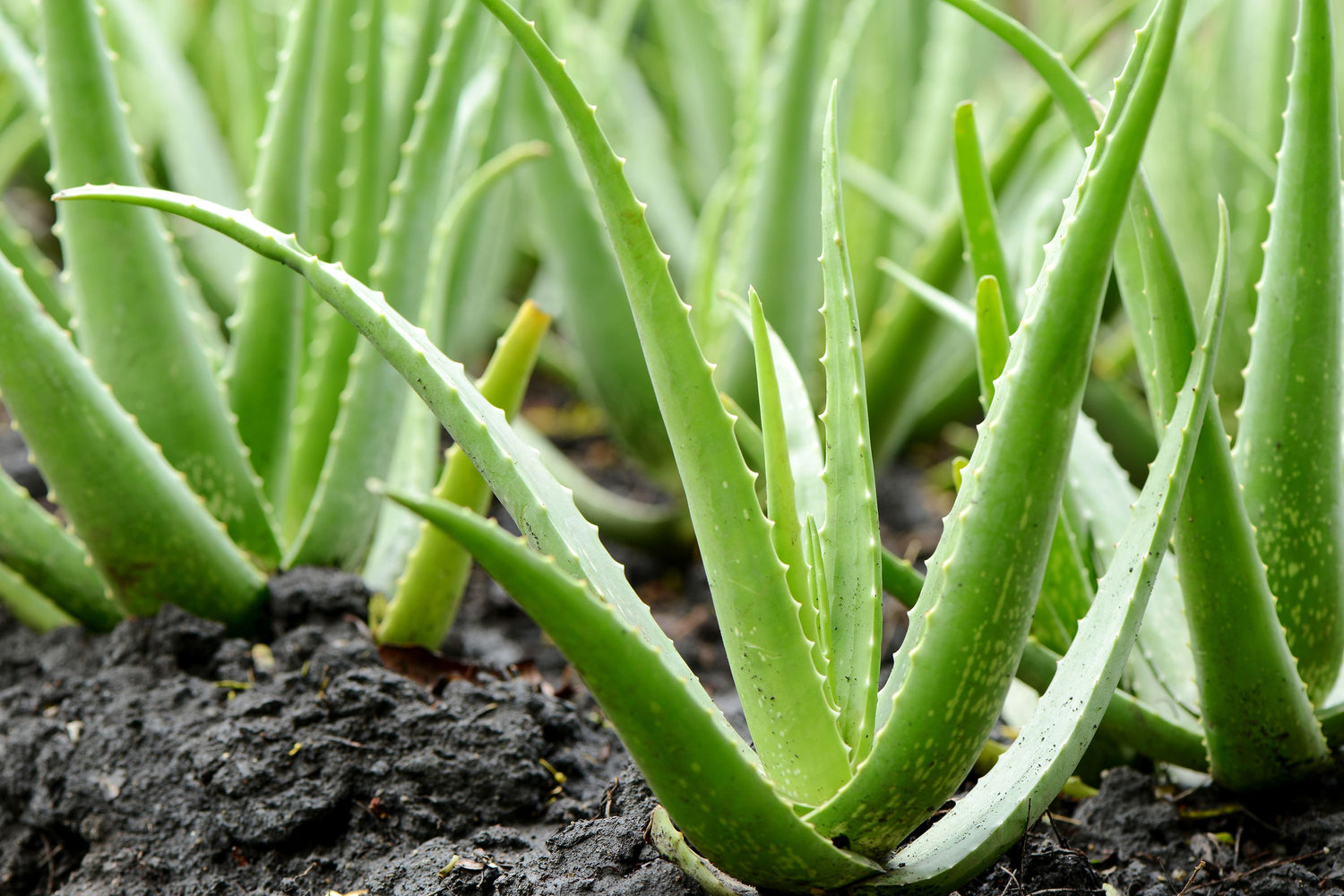Aloe vera, often hailed as a miracle plant, has been revered for its medicinal properties for thousands of years. Beyond its well-known benefits for skin care and wound healing, aloe vera plays a significant role in promoting digestive health. Incorporating aloe vera into your daily routine can lead to improved digestion, relief from gastrointestinal discomfort, and overall enhanced well-being. This article explores how aloe vera aids digestion and offers practical tips on how to utilize this versatile plant for optimal digestive health.
1. Understanding Aloe Vera’s Digestive Benefits

Aloe vera contains a rich array of vitamins, minerals, enzymes, and amino acids that contribute to its therapeutic properties. When it comes to digestion, aloe vera primarily aids in soothing the digestive tract, reducing inflammation, and promoting the growth of beneficial gut bacteria. These factors collectively enhance digestive efficiency and alleviate common digestive issues.
Also Read- Aloe Vera And Weight Management: Helping Older Adults Maintain A Healthy Weight
2. How Aloe Vera Improves Digestion

a. Soothing the Digestive Tract
Aloe vera has natural anti-inflammatory properties that help calm and soothe the lining of the digestive tract. This is particularly beneficial for individuals suffering from conditions like gastritis, acid reflux, and irritable bowel syndrome (IBS). By reducing inflammation, aloe vera minimizes discomfort and supports the healing process of the digestive tissues.
b. Promoting Healthy Gut Flora
A healthy balance of gut bacteria is crucial for efficient digestion and overall health. Aloe vera acts as a prebiotic, nourishing the beneficial bacteria in the gut. This promotes a balanced microbiome, which is essential for breaking down food, absorbing nutrients, and preventing the growth of harmful bacteria that can cause digestive disturbances.
c. Enhancing Digestive Enzyme Activity
Digestive enzymes are vital for breaking down food into absorbable nutrients. Aloe vera contains enzymes such as amylase and lipase, which aid in the digestion of carbohydrates and fats, respectively. By enhancing enzyme activity, aloe vera ensures that your body efficiently processes and absorbs the nutrients from your meals.
d. Detoxifying the Digestive System
Aloe vera helps detoxify the digestive system by eliminating toxins and waste products. Its natural laxative properties promote regular bowel movements, preventing constipation and reducing the risk of toxin buildup in the intestines. This detoxification process supports overall digestive health and prevents various gastrointestinal issues.
Also Read- Using Aloe Vera To Treat Kids’ Minor Burns And Scrapes
3. Ways to Incorporate Aloe Vera into Your Diet

Integrating aloe vera into your daily routine can be simple and enjoyable. Here are some effective methods to harness its digestive benefits:
a. Aloe Vera Juice
One of the most popular ways to consume aloe vera for digestive health is through aloe vera juice. This juice is easy to incorporate into your morning routine and can be consumed on an empty stomach to maximize its benefits. Ensure you choose high-quality, pure aloe vera juice without added sugars or artificial ingredients.
b. Smoothies and Beverages
Add aloe vera gel or juice to your favorite smoothies and beverages. Combining it with fruits like pineapple, mango, or berries can enhance the flavor while providing a nutritious boost. Aloe vera can also be mixed with herbal teas for a refreshing and health-promoting drink.
c. Aloe Vera Supplements
For those who prefer a more convenient option, aloe vera supplements are available in capsule or tablet form. These supplements offer a concentrated dose of aloe vera’s digestive benefits and are ideal for individuals with busy lifestyles.
d. Culinary Uses
Incorporate aloe vera directly into your meals by adding the gel to salads, salsas, or even desserts. Its mild taste makes it a versatile ingredient that can blend seamlessly into various dishes without altering the flavor profile.
Also Read- Aloe Vera Uses In Hair Care: Strengthen, Hydrate, And Promote Growth
4. Precautions and Considerations

While aloe vera is generally safe for most individuals, it’s important to consume it in moderation and be aware of potential side effects:
- Allergic Reactions: Some people may experience allergic reactions to aloe vera. It’s advisable to perform a patch test before incorporating it into your diet.
- Digestive Upset: Excessive consumption of aloe vera can lead to digestive upset, including diarrhea and abdominal cramps. Start with small amounts and gradually increase the dosage as tolerated.
- Medication Interactions: Aloe vera may interact with certain medications, such as diabetes drugs and diuretics. Consult with a healthcare professional before adding aloe vera to your regimen, especially if you are on medication.
Also Read- Top 5 Reasons to Add Aloe Vera to Your Haircare Routine
Conclusion
Aloe vera is a powerful ally in maintaining and enhancing digestive health. Its ability to soothe the digestive tract, promote healthy gut flora, enhance enzyme activity, and detoxify the system makes it an invaluable addition to any wellness routine. By incorporating aloe vera juice, smoothies, supplements, or culinary uses into your daily life, you can harness its numerous digestive benefits and support your overall health.













Leave a comment
This site is protected by hCaptcha and the hCaptcha Privacy Policy and Terms of Service apply.